Introducing the MAIA webinars: Get involved!

The list of the previous MAIA webinars can be found at the end of this page and all recordings can be found here.
What we discuss in the Webinars?
In the MAIA webinars, each speaker addresses the following questions:
- Problems/gaps addressed by the project/solution(s) discussed
- Description of solution(s) emphasizing on main features and USP unique selling point
- Evidence and lessons learned, gathered through use cases (living labs/trials)
- Recommendations for applying the lessons learned by stakeholders from academia, government, industry and civil society.
We are targeting a mixed audience but strive to make scientific knowledge comprehensible to the non-scientific public.
How the Webinar are structured?
Key information regarding the Webinar Series structure:
- Publishing recorded webinars: every month (Jun 2023- Aug. 2025)
- Presentation time/speaker: 10min
- Duration of Webinar: 40min (inc. 10min roundtable discussion in the end)
- Speakers: 3 keynotes in total/webinar
- Speaker participation fee: Free
- Audience participation fee: Free
- Audience: Scientific Community, various Stakeholders, policy makers, regions fighting climate change.
Webinars are recorded and posted on the MAIA website as well as shared on MAIA’s social media.
Themes & Topics overview
- Climate Change, Wildfires & Forest Management
- Climate Change and Agriculture/Agroeconomy
- Climate Change and Aquaculture
- Climate Change and Tourism
- Climate Change and Carbon Farming
- Climate Change and Nature Based Solutions
- Climate Change and Human Health
- Innovative Outcomes for Biodiversity Regeneration and/or Conservation
- Climate Change and Energy
Each thematic session is ongoing and webinars are created based on interest received.
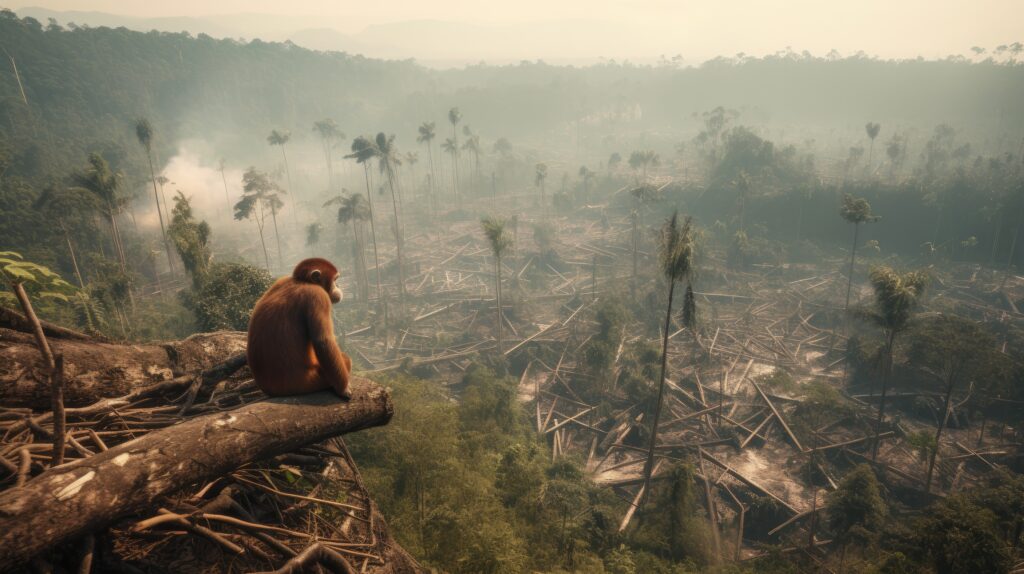
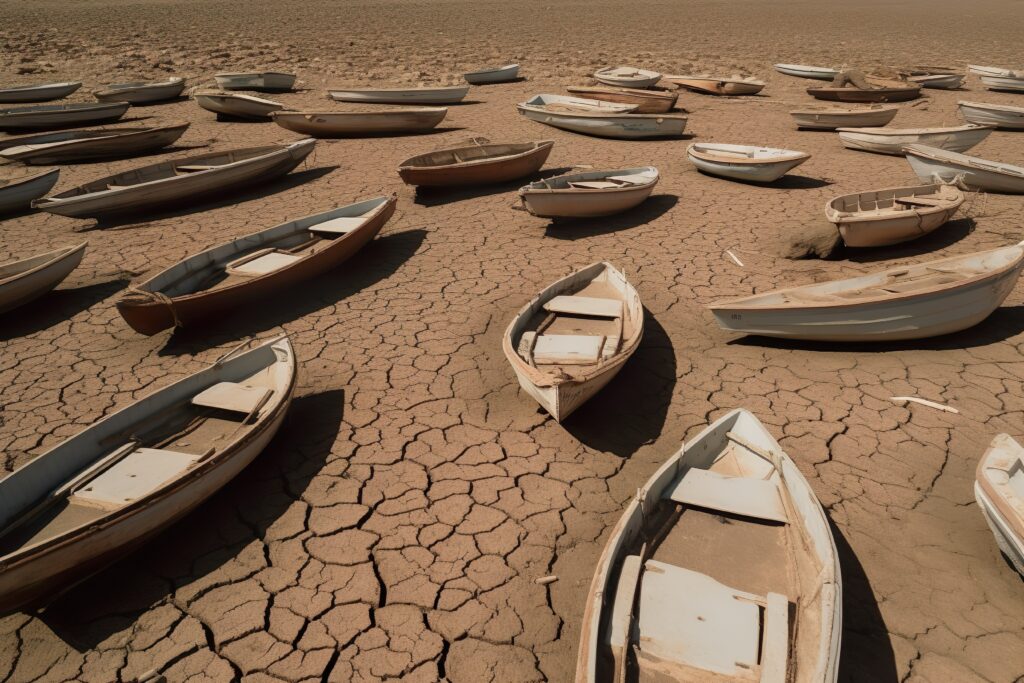
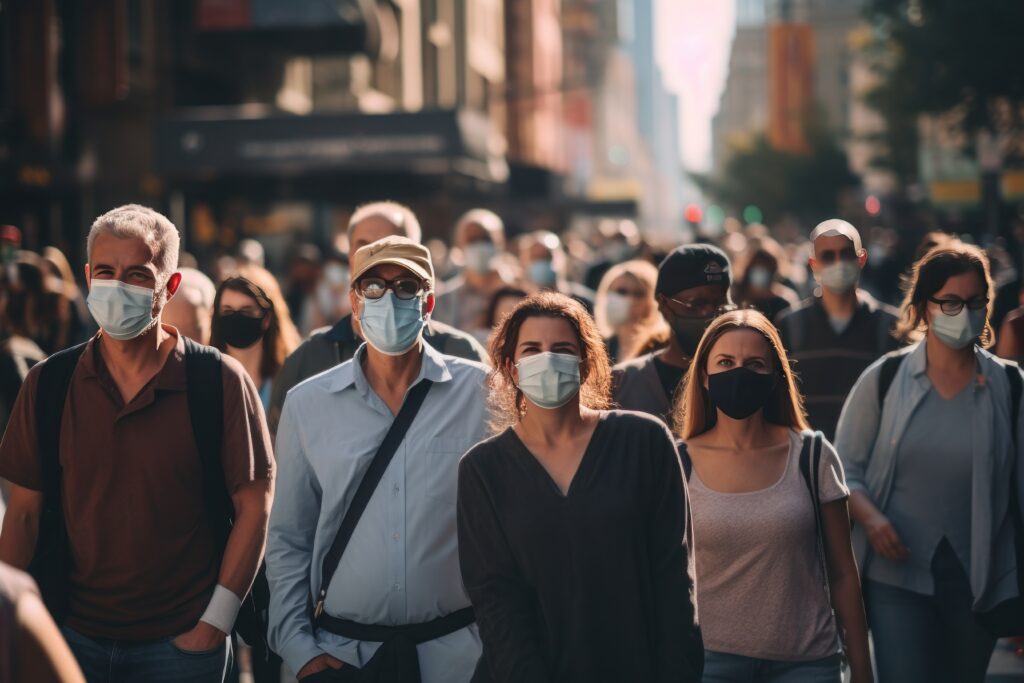
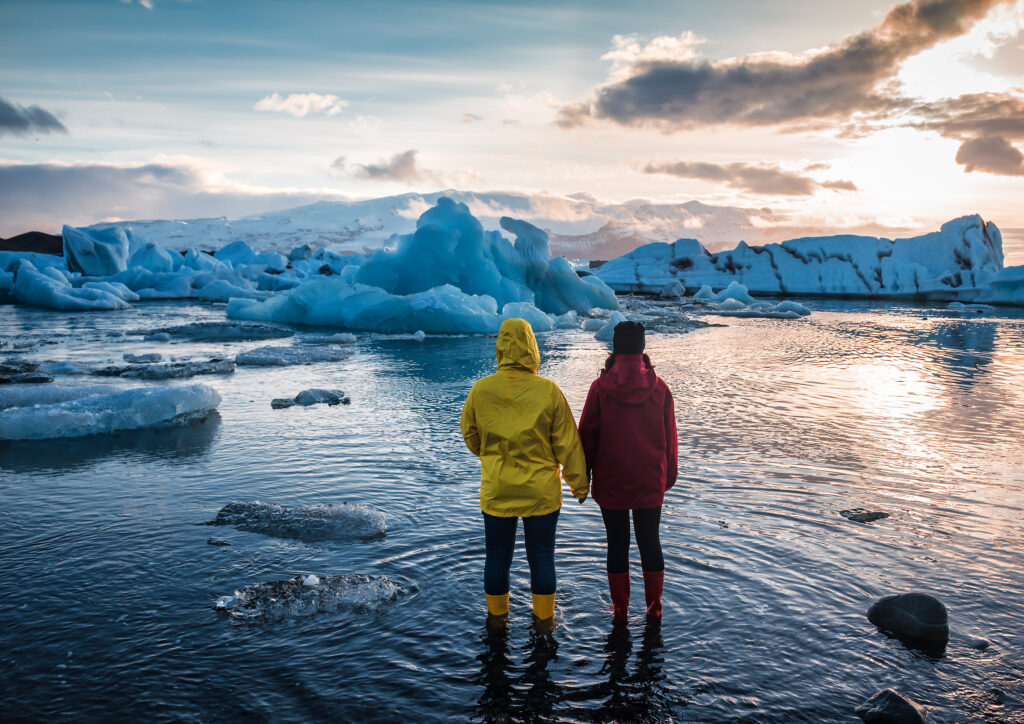
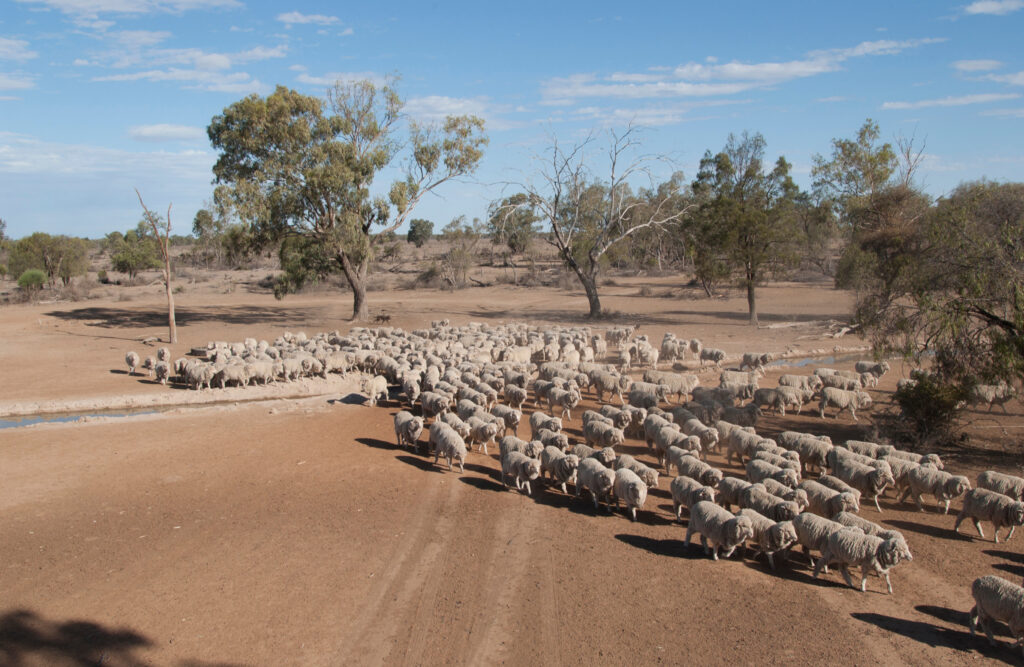
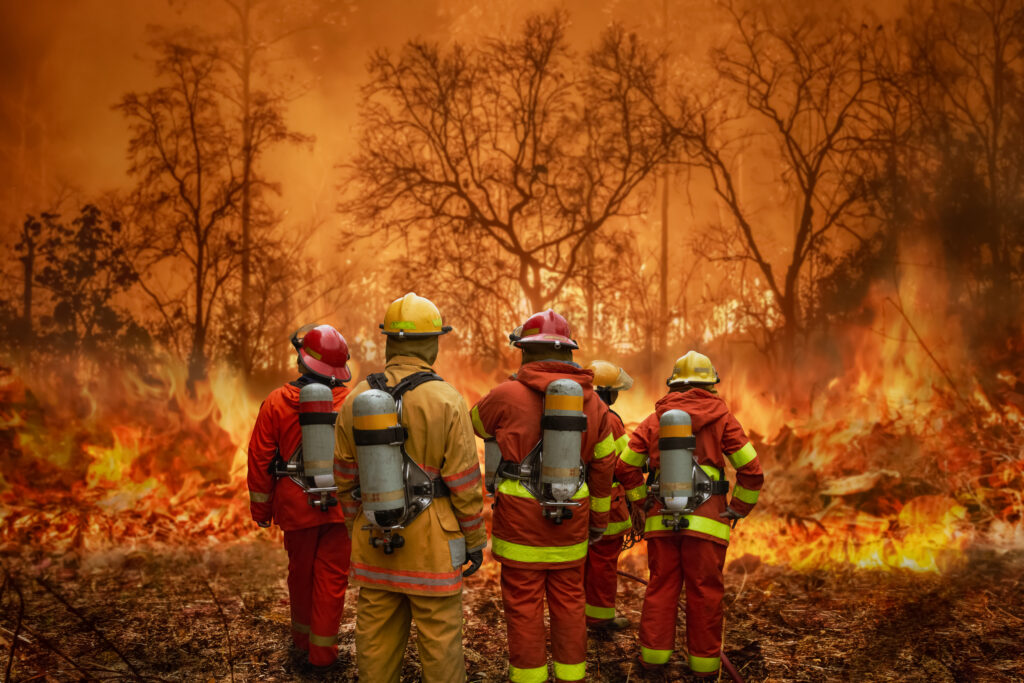


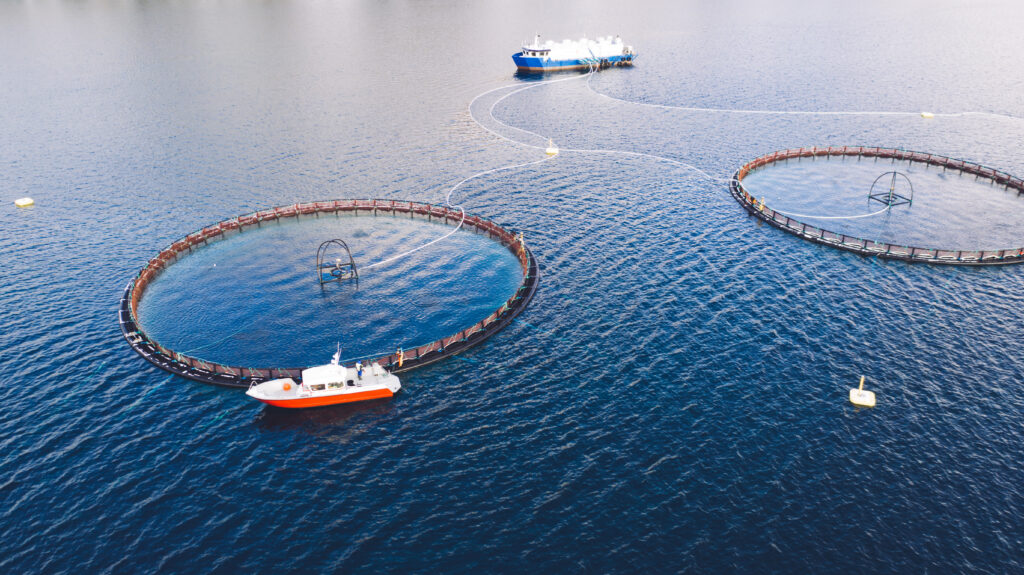
Get involved
Would you like to contribute to or participate in the MAIA Webinars? Please reach out directly to us.
Our goal is to bring EU projects and independent proven best practices to the spotlight in order regions and organization in search for climate change solutions can become aware of innovative ways of solving the issues they are facing.
Breakdown of each Thematic session
Climate Change and Nature Based Solutions (available spaces)

- Part I: featuring CLEARING HOUSE, D4RUNOFF, and SCORE
- Part II: featuring URBiNAT
- Part III: featuring LIFE VIA DE LA PLATA, GoGreen Routes and 1 available space
- Part IV: featuring URBAN GreenUP, RESET and VARCITIES
- Part V: (available spaces)
Climate Change and Aquaculture (available spaces)

- Part I: Friday featuring FutureEUAqua, FISH4FISH and MedAID
- Part II: Friday (available spaces)
- Part III: Friday (available spaces)
- Part IV: Friday (available spaces)
- Part V: Friday (available spaces)
- Part VI: Friday (available spaces)
- Part VII: Friday (available spaces)
- Part VIII: Friday (available spaces)
- Part IX: Friday (available spaces)
Climate Change and Tourism (available spaces)

- Part I: (available spaces) HYPERION, ARCH, SHELTER
- Part II: (available spaces) SHAPE,
- Part III: (available spaces)
- Part IV: (available spaces)
- Part V: (available spaces)
Climate Change and Human Health (available spaces)

- Part I: (available spaces) INHERIT
- Part II: (available spaces)
- Part III: (available spaces)
- Part IV: (available spaces)
- Part V: (available spaces)
Drought and Flooods (available spaces)

- Part I: (available spaces)
- Part II: (available spaces)
- Part III: (available spaces)
- Part IV: (available spaces)
- Part V: (available spaces)
Innovative Outcomes for Biodiversity Regeneration and/or Conservation (available spaces)

- Part I: (available spaces) MARBEFES
- Part II: (available spaces) EnBiC2-Lab
- Part III: (available spaces)
- Part IV: (available spaces)
- Part V: (available spaces)
Climate Change and Energy (available spaces)
- Part I: (available spaces) PLANKT-ON
- Part II: (available spaces) LoCEL-H2
- Part III: (available spaces)
- Part IV: (available spaces)
- Part V: (available spaces)
Previous webinars (Jun 2023- Oct 2023)
JUNE Advancing Climate Resilence in European Cities: innovations and Strategies for Urban Adaptation featuring CityClim, Life Baetulo and ICARIA
JULY- AUGUST Wildfires and Forest Management (3 Parts)

- Part I: Friday 07.07 featuring FIRE-RES, GROASIS and TREEADS
- Part II: Friday 14.07 featuring FIRELOGUE, SILVARUS and SAFERS
- Part III: Friday 04.08 featuring FirEUrisk, SUPERBand a study on Wildfires in Europe: Burned soils require attention
SEPTEMBER-OCTOBER Climate Change and Agriculture/Agroeconomy

- Part I: Friday 01.09 featuring CRAS, Path2dea and Climate Farm Demo
- Part II: Friday 08.09 Agroforestry featuring HoliSoils, Reforest and AGFORWARD
- Part III: Friday 15.09 Agroecological farming featuring UNISECO, TITAN and MEDWAYCAP
- Part IV: Friday 29.09 Healthy Nutrient Soils WATERAGRI, PrepSoil and EJP SOIL
- Part V: Friday 13.10 Healhty Soils: Decontamination of polluted sites from industrial waste featuring MIBIREM, ReSoil and POSIDON
- Part VI: Friday 27.10 featuring AgriAdapt, BEATLES and VISIONARY
FEBRUARY 2024 Comprehensive Course on Carbon Farming (4 parts)
- Part I: Introduction: agriculture and climate change
- Part II: Carbon estimation methods in different areas of agriculture
- Part III: Carbon sequestration and emissions reduction practices in agriculture.
- Part (IV): EU documentation and Carbon Markets
Why we organize the MAIA webinars
One of the roles of AIT Austrian Institute of Technology within the MAIA project is conducting Webinars and Special Edition Publications to reach a wider scientific audience in order to spotlight climate change adaptation and/or mitigation solutions or research.
We believe that connecting knowledge on climate change adaptation and mitigation challenges, solutions, gaps and “best practices” in Europe is key to advancing climate action. MAIA will enhance the information flow and foster knowledge transfer between the Research and Innovation community, business community, policy community, and regions and organisations responsible for planning and implementation of climate change adaptation and mitigation measures (in Europe).
“This knowledge is currently scattered over multiple knowledge management “silos” (platforms, projects and organisations). It is therefore difficult to find it, to understand it and to apply it.” – Denis Havlik, AIT Austrian Institute of Technology.
AIT is responsible for facilitating webinars and scientific publications opportunities for EU climate change adaptation and mitigation projects and other stakeholders:
“Beyond research we are very interested in bringing existing solutions and proven best practices to the spotlight, so that regions and organisations in search for climate change solutions become aware of innovative ways for resolving the issues they are facing. At the end of the day, we aim to help regions and decision makers to improve the quality of life for their citizens while also creating new economic opportunities – despite the challenges (caused by climate change).” – Denis Havlik.
Together with contributions from the MAIA consortium, partners: AQUA, BC3, BRC, SEI, SPI we are looking forward to creating a lively platform of knowledge-exchange with these webinars.
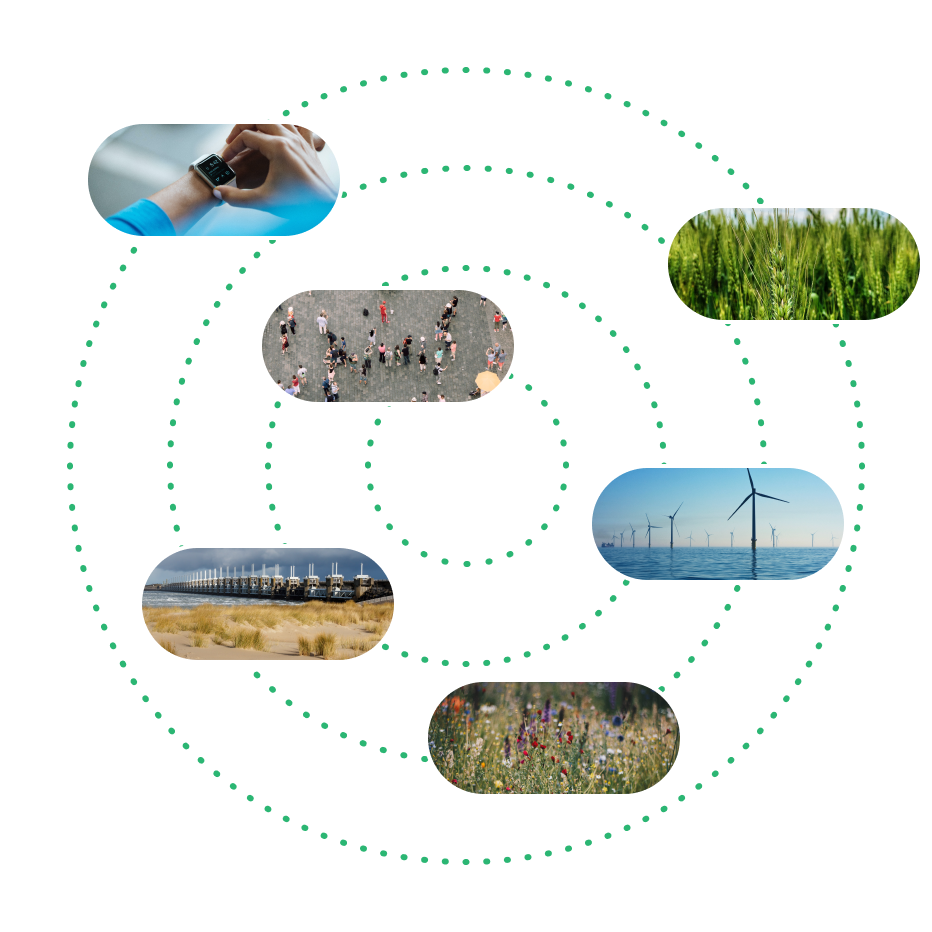
Comments
There is no content